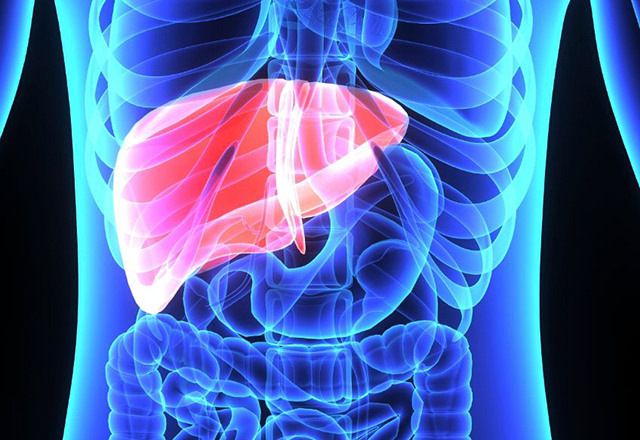One year has passed since the establishment of the Stravitz-Sanyal Institute for Liver Disease and Metabolic Health at VCU. Sanyal discusses the institute’s biggest strides in its first year and next steps on the path to advancing liver health.
By Olivia Trani
In December 2021, Virginia Commonwealth University shared its plan to create an institute for liver disease and metabolic health, building on the university’s legacy of championing liver health through translational research, education and clinical care. Just two months following the announcement, in February 2022, the institute received a historic $104 million gift, the largest publicly shared donation for liver research in U.S. history, from R. Todd Stravitz, M.D., and his family’s Barbara Brunckhorst Foundation. Read the full story from VCU News.







